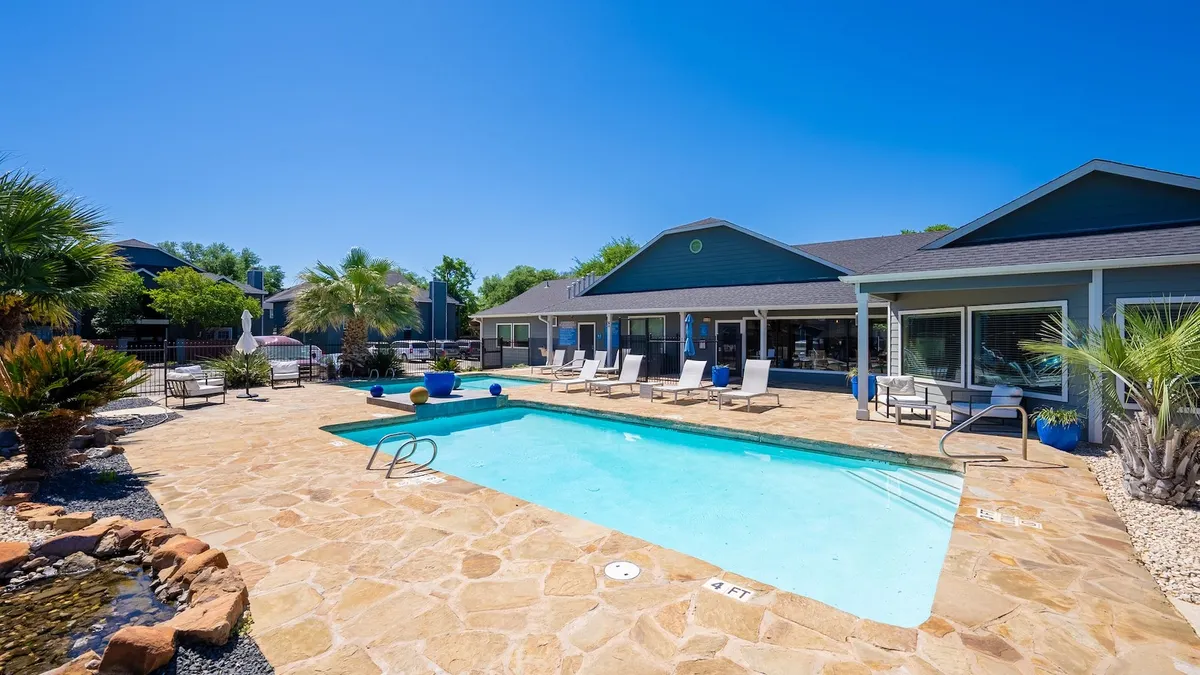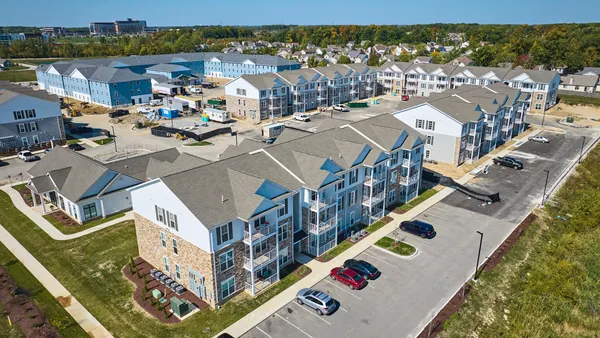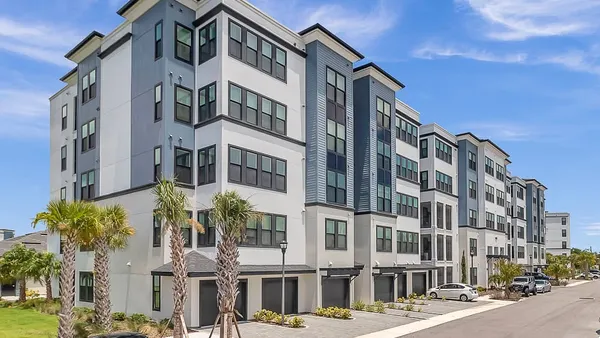PMS or website providers’ “add-on” tools for reputation management used to be sufficient. They provide a passive reputation strategy – simply monitoring incoming reviews through a dashboard and providing some ability to respond to them checked the box.
These products tend to fail in the long run because they place all of the responsibility of asking for and responding to reviews onto onsite teams. Given this is traditionally a high turnover role, the lack of a scalable and reliable process brings significant opportunity for human error from teams that are already stretched thin. Asking for and responding to reviews is pushed aside, days turns into weeks, then months, ultimately rendering the effort useless.
Without a clear process, operators fear negative reviews and avoid asking for feedback, missing the point entirely. Because great review content is a fantastic marketing tool. Google reviews drive up local rankings, increasing community visibility and provide prospects with the information and social proof to select your community. Failing to generate reviews is a missed opportunity.
Go On Offense: SMS Based + Automated Review Requests
A proactive approach to reputation focused on marketing your communities through Google to create high-quality leases consists of a few components:
Automating Requests. There is no reason onsite teams need to be chasing folks down to leave a review. With PMS integrations, the entire review request process is highly customizable and automated, from event trigger to review submission. Doing so means your communities are taking advantage of every possible opportunity for a review, eliminating the waste created by an inconsistent process.
Ask at the right lifecycle stages. Yes, stages. Unique to multifamily, operators have a long relationship with residents. This isn’t like some industries where customers make a purchase, leave for a review and talk to you again in 3 years. Multifamily is an ongoing relationship. Because of that, monitoring lifecycle stages via the PMS system and triggering review requests at proven optimal moments is the recipe for success. For example, BH increased review opportunities by 60% after adding a post-tour request trigger, the average rating from tour reviews a 4.8.. Broadly speaking, tour, move-in and renewal are winners.
Use SMS. Ask residents where they are paying attention and make it easy. Conversion rates will improve.
A proactive approach takes work if you’re using a PMS add-on; review requests often have to be done in person or sent manually. Realistically, this strategy isn’t successful at scale, especially for companies with big portfolios.
A better way is to automate SMS review requests via PMS integrations. SMS is a communication channel residents already use so it removes friction. Automating the process takes the burden off of onsite teams. With a lower level of effort on both ends it becomes significantly easier to get more reviews.
The Best Lifecycle Stages to Ask for Reviews
There are multiple occasions during the resident lifecycle that are great opportunities to ask for a review. Asking at several moments in time enables your team to get feedback about the entire lifecycle and spot sentiment trends. All of this lifecycle data should be tracked by your reviews technology.
Tour: Ask after a prospect completes a tour. Learn what first impression your property makes and how it stands out compared to others on the market.
Move-in: Ask for a review a few days after a new resident is settled in. They’ll share how welcoming the community has been and which amenities excite them.
Renewal: Reviews about a renewal experience allow residents to reflect on the past year and share highlights about the apartment and why they’re renewing. Sometimes this includes constructive feedback. Renewal reviews are opportunities to gain valuable feedback about the resident experience.
And remember, avoid review gating, a practice banned by the FTC.
Why Reviews are Worth Your Time: Marketing with Google
Getting reviews and managing reputation is a marketing strategy in our opinion, not PR. Of course, reviews can make your property look good, impress your boss and asset managers, but at the end of the day, reviews are most valuable as a marketing asset to your property.
Having an exceptional online reputation on Google means that your property will stand out to prospects searching for an apartment in your local market. Content created by actual residents is trustworthy, accelerating the prospective residents’ discovery and research phases.
Not only do better reviews draw in more renters, they help you get more higher paying renters. 64% of renters said they are willing to pay more for a highly ranked or reviewed property. With more and more rent concessions on the market, there is a shift in focus on renewals- higher ratings demonstrate to current residents why they should stay.
Focus on generating reviews as a marketing asset to help your property rank higher on Google and become more compelling to prospective and current residents. Automate the entire process so it actually happens and you see results, fast.
To learn more, watch the 10-episode miniseries on the modern reputation management playbook for multifamily







